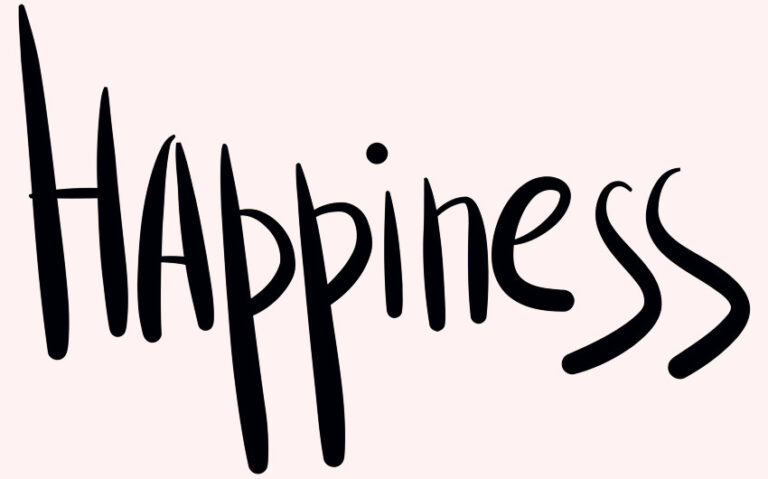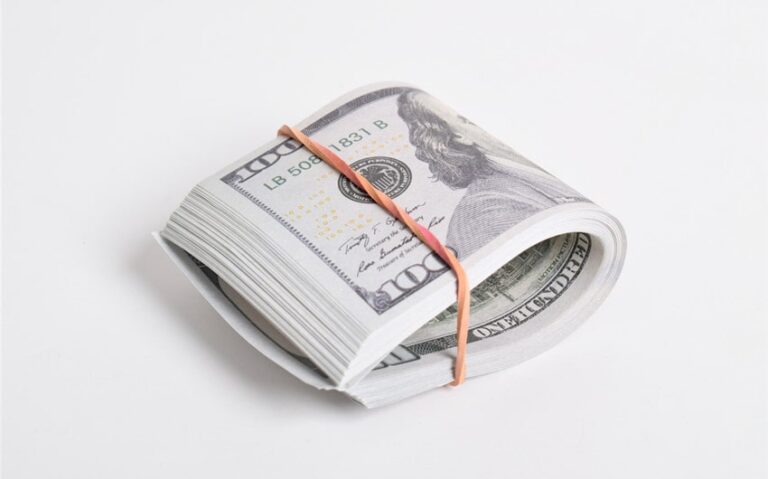Why Do I Feel Like I Don’t Deserve Happiness or Joy Anymore?
If you’ve ever asked yourself, “Why do I feel like I don’t deserve happiness?”—you’re not alone, even if it feels like you are. This question can echo quietly in your mind, or it can rise up suddenly in moments when joy brushes near and you instinctively push it away. Maybe you smile and immediately feel guilt. Maybe you receive love and feel undeserving. Maybe you’re afraid to hope again because life has taught you not to.
Feeling like you don’t deserve happiness doesn’t mean there’s something wrong with you. It often means you’ve been through something that made joy feel unreachable or unsafe. This article will help you gently explore where that feeling comes from, and why it’s not the truth of who you are.
What It Really Means to Feel Undeserving of Happiness
Let’s start with this: the belief that you don’t deserve happiness is not a flaw. It’s not weakness. It’s not selfishness in disguise. It’s often the product of pain that hasn’t had enough space to be heard.
You may carry this feeling silently for years. It might show up as self-sabotage—like ending something good before it can end you. It might look like deflecting compliments, downplaying your success, or staying in toxic situations because they feel familiar.
But underneath all of that is a longing. A deep, buried desire to feel worthy of love, peace, joy, and ease.
When you believe you don’t deserve happiness, what you’re often really saying is: “I’ve been hurt. I’ve been told—directly or indirectly—that I’m not enough. And somewhere along the way, I started to believe it.”
That belief can run so deep that even when good things arrive, you can’t fully hold them. You brace for loss. You shrink from pleasure. You feel guilty for smiling.
The truth? Feeling undeserving doesn’t make it true. But it does deserve your attention. Not to fix or rush through, but to understand with softness and care.
Where This Feeling Often Comes From
There are many reasons why you might feel like you don’t deserve happiness. They don’t make you broken—they make you human. Here are some of the most common sources of this deep, emotional undercurrent.
1. Childhood Conditioning or Messages
Your early environment plays a powerful role in shaping your beliefs about self-worth. If you were raised in a home where love was conditional—based on performance, obedience, or perfection—you may have internalized the idea that happiness must be earned. If your emotions were dismissed, or your needs went unmet, you might have learned that your feelings didn’t matter—or worse, that they were a burden.
Children are incredibly intuitive. Even without words, they absorb the emotional climate of the household. If you grew up around emotionally unavailable caregivers, constant criticism, or unresolved tension, your nervous system may have adapted by quieting your joy—because joy wasn’t safe or welcome.
As an adult, that conditioning might still be running quietly in the background. You might silence your happiness before anyone else has the chance to. Not because it’s logical, but because it’s what you learned.
2. Past Mistakes or Regret
Sometimes, the feeling that you don’t deserve happiness comes from guilt. Maybe you’ve made choices in the past that hurt someone else—or hurt yourself. Maybe you carry shame for things you’ve done or didn’t do. And maybe you believe that happiness is a reward you no longer qualify for.
But guilt is not meant to be a permanent state. It’s meant to nudge us toward accountability, not keep us in emotional prison. Everyone has regrets. Everyone has made choices they wish they could change. But those moments do not define your worth forever.
Happiness isn’t a prize for being flawless. It’s something you’re allowed to move toward, even while holding your humanity.
3. Trauma or Emotional Numbness
Surviving trauma—especially ongoing or complex trauma—can deeply disrupt your ability to feel safe, let alone happy. When your nervous system is in survival mode, joy feels foreign. Vulnerable. Sometimes even threatening.
You might have learned to guard your emotions tightly because feeling too much once led to pain. So now, even happiness feels like too much. You keep yourself in neutral—safe, steady, numb.
This isn’t something to judge yourself for. It’s a response that once protected you. But it doesn’t mean you’re incapable of joy. It just means you may need time and care to reconnect with it.
4. Perfectionism and Comparison
We live in a culture that constantly measures people—by their productivity, appearance, income, relationship status, and more. If you’ve internalized these external measures, you might believe happiness is reserved for those who meet every expectation.
Maybe you tell yourself: “I’ll deserve to be happy when I lose weight. When I finally get that job. When I become a better partner, parent, or friend.”
This kind of thinking is a trap. It pushes happiness further and further away, always waiting for you to be someone else first.
But joy doesn’t wait for perfection. It lives in the present. In the messy, honest, imperfect version of you that exists right now.
Why You Deserve Happiness—Even If It Doesn’t Feel That Way
Here’s the part you might not believe yet—but that is still true: you deserve happiness, just as you are.
Not because you’ve earned it. Not because you’ve done something extraordinary. But because you’re human.
You have known pain. You have carried burdens quietly. You have shown up even when it was hard. And in all of that, you have never lost your right to feel peace. To feel joy. To feel held by something gentle.
Happiness is not a luxury. It’s not a transaction. It’s not a prize handed out at the end of suffering. It’s something that belongs to you, even if your past tried to convince you otherwise.
You might not feel that truth yet. That’s okay. You don’t have to force belief. Just begin with permission: “Maybe it’s okay for me to feel happy sometimes.”
Let that be enough for now.
Even the smallest glimmer of joy—a song, a soft blanket, a kind word—can begin to soften the edges of unworthiness. You don’t have to dive in. You can dip your toes into happiness. One gentle moment at a time.






